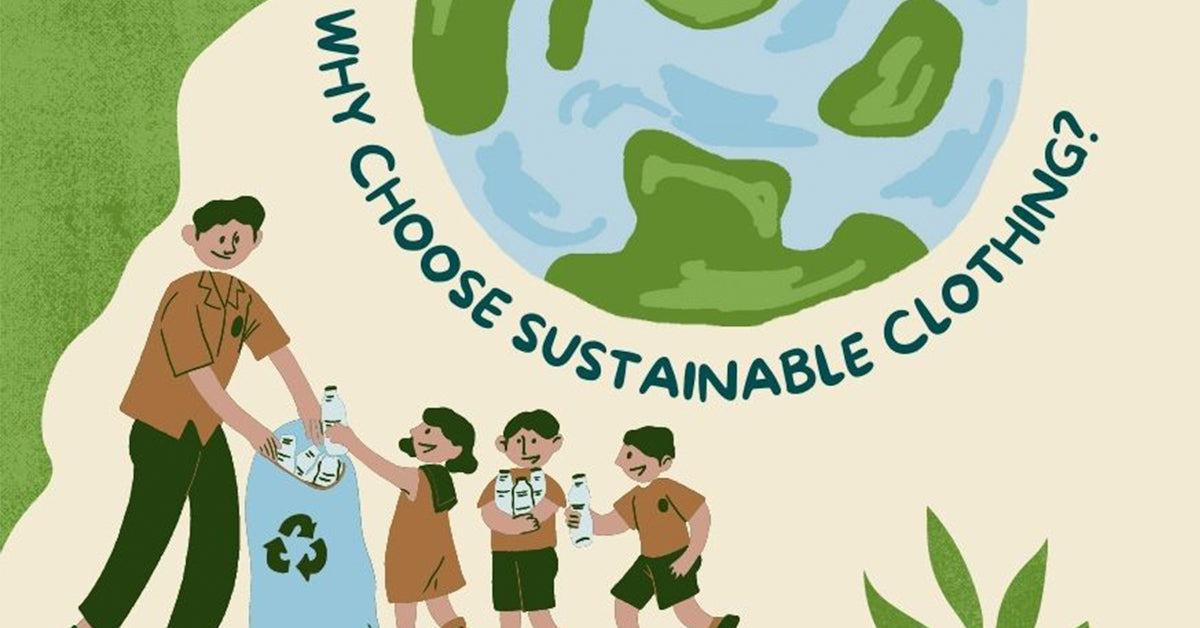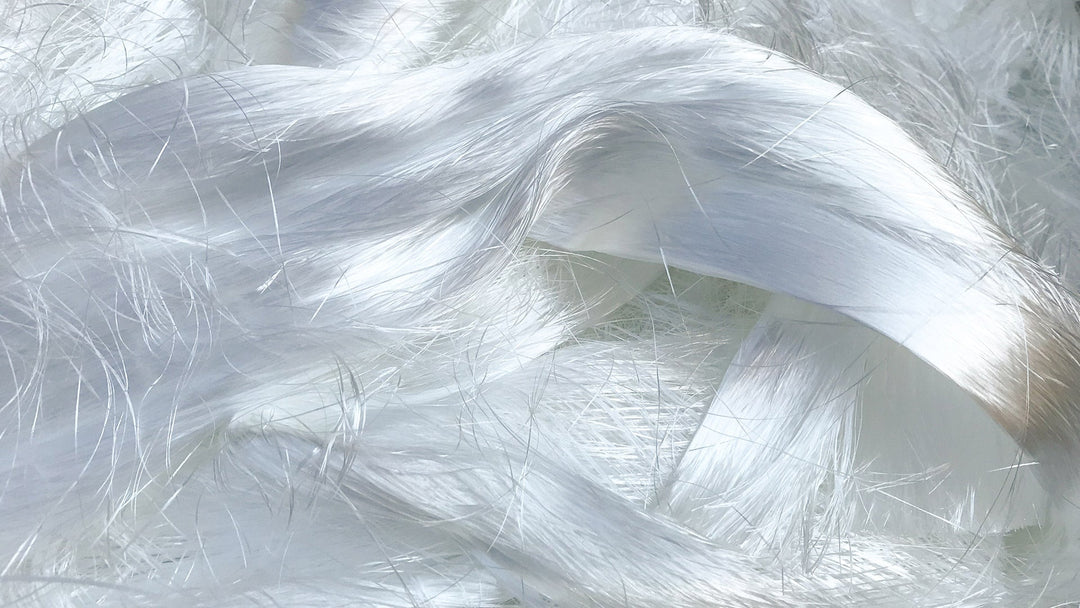In a world increasingly focused on sustainability, even our choices in textiles matter. When it comes to eco-friendly fabrics, bamboo and cotton often emerge as top contenders. But which one is better for the environment? In this guide, we'll explore the eco-credentials of both bamboo and cotton, helping you make informed choices for a more sustainable lifestyle.
Understanding Bamboo Fabric
Bamboo, a fast-growing grass, is renowned for its sustainable properties. Its ability to regenerate quickly and thrive without pesticides makes it an attractive choice for eco-conscious consumers. Bamboo fabric is produced through a process that uses fewer chemicals compared to traditional cotton production. Its softness and breathability make it a popular option for clothing and bedding. Choosing bamboo promotes the use of environmentally friendly fabrics, reducing the ecological footprint of the fashion and textile industry.
Cotton: A Closer Look
Cotton, a natural fibre with a rich history, is deeply woven into our lives. However, traditional cotton farming relies heavily on water and chemical pesticides. The conventional cotton industry has been criticized for its significant environmental impact, including water depletion and soil degradation. While sustainable cotton practices are emerging, they are not yet widespread. This raises questions about whether cotton truly qualifies as one of the sustainable textiles.

Environmental Impact Comparison
Let's compare the environmental impact of bamboo and cotton:
- Water Usage: Bamboo typically requires significantly less water than cotton to grow. Bamboo's efficient water use contributes to its eco-friendliness.
- Chemical Treatments: Bamboo can be processed with fewer chemicals, reducing pollution compared to the heavy use of pesticides and herbicides in cotton farming.
- Land Requirements: Bamboo can grow on marginal lands, while cotton requires fertile soil. This flexibility makes bamboo cultivation more sustainable.
- Biodegradability: Bamboo fabric is biodegradable, meaning it breaks down naturally, leaving no long-lasting waste. Conventional cotton may take longer to decompose.
Comfort and Quality
Beyond environmental concerns, comfort and quality play a role in fabric choice. Bamboo fabric is known for its softness and breathability, providing comfort in clothing and bedding. Additionally, bamboo's durability ensures long-lasting products, reducing the need for frequent replacements, which aligns with sustainability goals.
Consumer Considerations
When choosing between bamboo and cotton, consider your values, preferences, and budget. While bamboo may be the eco-friendly choice, it's essential to balance environmental concerns with personal comfort and affordability. Sustainable choices should align with your lifestyle and needs.
So, which fabric is better for the environment? The answer isn't always black and white. While bamboo stands out for its sustainable characteristics, sustainable cotton practices are improving. Ultimately, the best choice depends on your priorities. By considering factors beyond environmental impact, such as comfort and cost, you can make informed decisions that align with your values and promote the use of environmentally friendly fabrics in your life.







